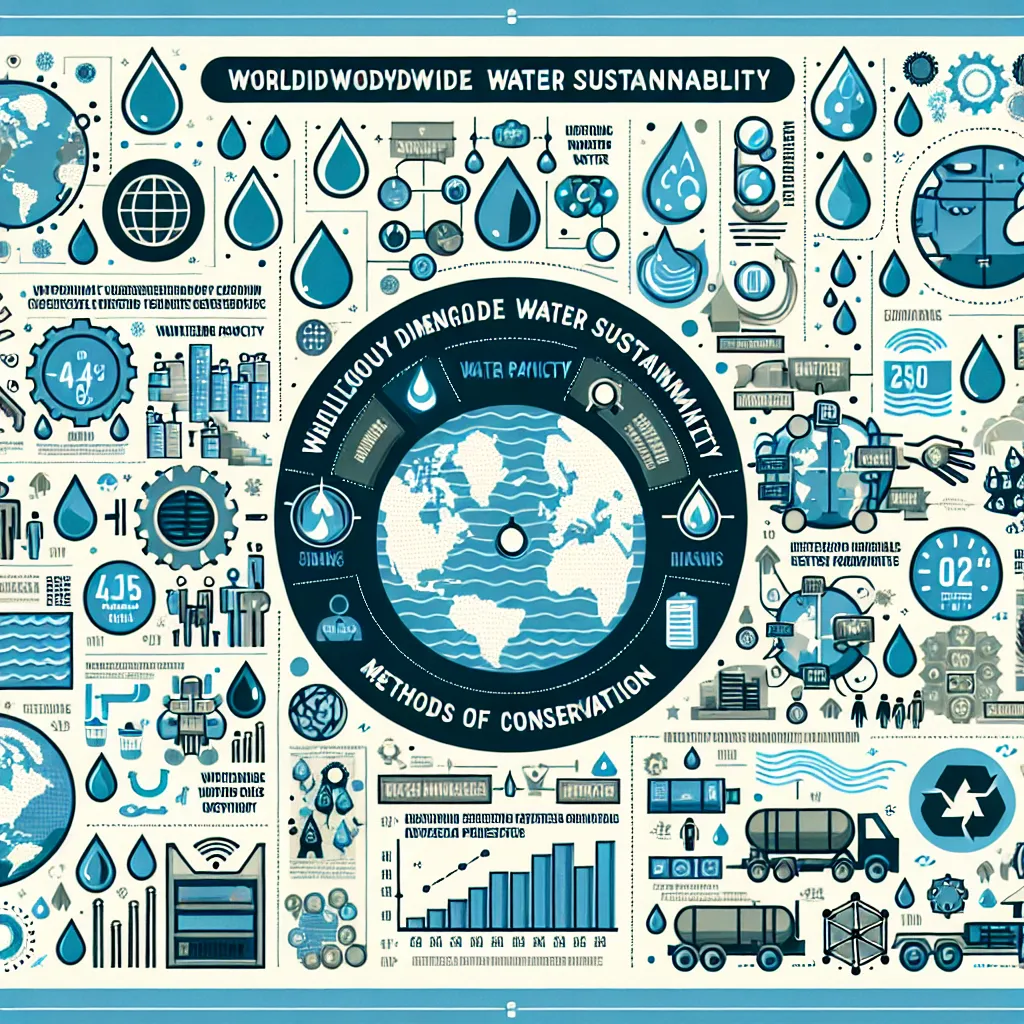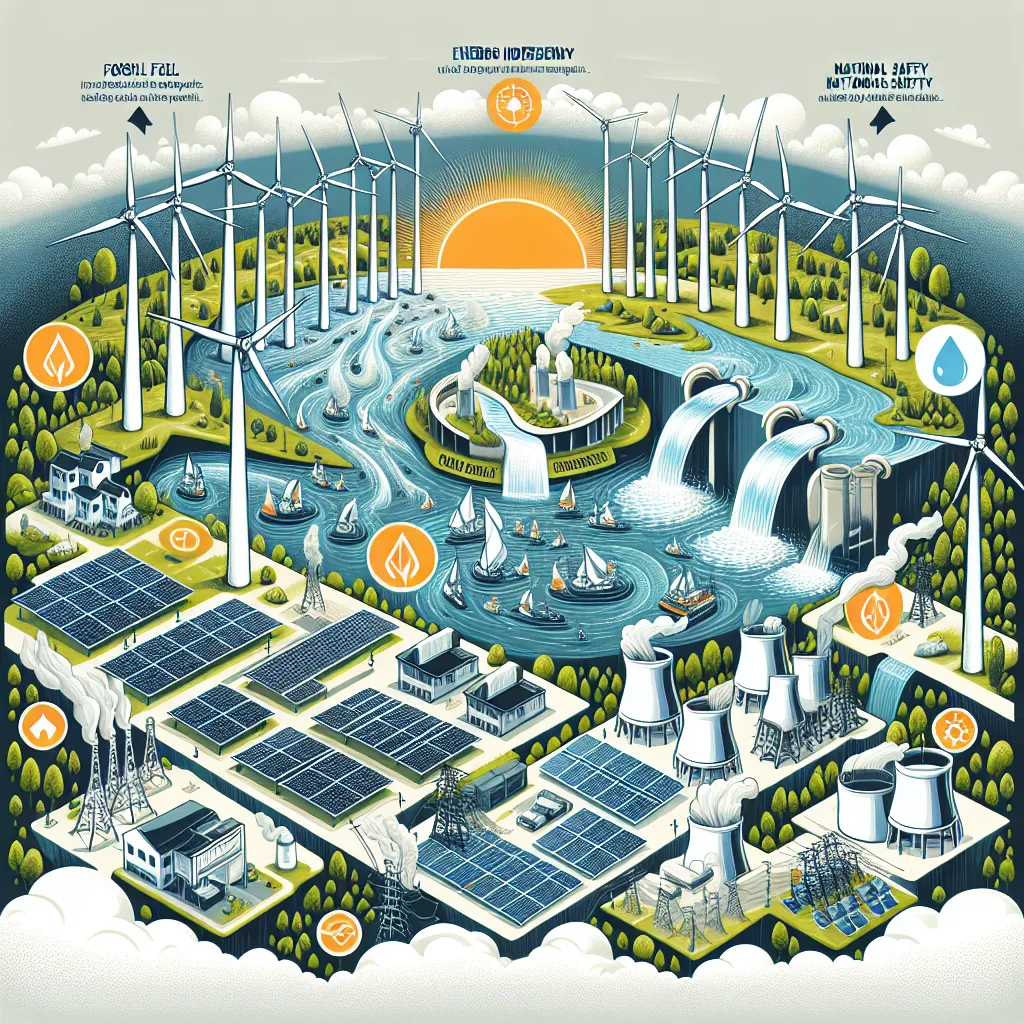As an experienced IELTS instructor, I’m excited to share with you a comprehensive IELTS Reading practice test focused on the topic “How renewable energy is reshaping global energy markets.” This test will help you prepare for the IELTS Reading section while expanding your knowledge on this crucial global issue.
Nội dung bài viết
- Introduction
- IELTS Reading Practice Test
- Passage 1 (Easy Text)
- The Rise of Renewable Energy
- Questions 1-5
- Questions 6-10
- Passage 2 (Medium Text)
- Global Energy Market Dynamics
- Questions 11-14
- Questions 15-20
- Passage 3 (Hard Text)
- The Economic Implications of the Renewable Energy Revolution
- Questions 21-26
- Questions 27-30
- Questions 31-35
- Answer Key
- Passage 1
- Passage 2
- Passage 3
- Conclusion
 Renewable Energy Transforming Global Markets
Renewable Energy Transforming Global Markets
Introduction
The IELTS Reading test assesses your ability to understand and analyze complex texts. Today’s practice test explores how renewable energy is revolutionizing global energy markets, a topic that’s not only relevant for your exam but also crucial for understanding our changing world.
IELTS Reading Practice Test
Passage 1 (Easy Text)
The Rise of Renewable Energy
Renewable energy has been gaining momentum in recent years, transforming the global energy landscape. Unlike fossil fuels, which are finite and environmentally harmful, renewable energy sources such as solar, wind, and hydropower offer sustainable alternatives that can meet our growing energy needs while mitigating climate change.
The rapid advancements in renewable technology have led to significant cost reductions, making these energy sources increasingly competitive with traditional fossil fuels. Solar panel efficiency has improved dramatically, while wind turbines have become larger and more powerful. These developments have spurred investment in renewable energy projects worldwide.
Governments and businesses are recognizing the potential of renewable energy to enhance energy security, reduce carbon emissions, and create new economic opportunities. Many countries have set ambitious targets for renewable energy adoption and are implementing policies to support the transition away from fossil fuels.
The shift towards renewables is not without challenges. Intermittency issues with solar and wind power require innovative storage solutions, and upgrading existing energy infrastructure can be costly. However, the long-term benefits of clean, sustainable energy are driving continued progress in overcoming these obstacles.
As renewable energy becomes more prevalent, it is reshaping global energy markets. Traditional energy companies are diversifying their portfolios to include renewable assets, while new players are emerging in the renewable sector. This transformation is creating a more decentralized and resilient energy system that promises to revolutionize how we produce and consume energy in the future.
Questions 1-5
Do the following statements agree with the information given in the passage?
Write:
TRUE if the statement agrees with the information
FALSE if the statement contradicts the information
NOT GIVEN if there is no information on this
- Renewable energy sources are unlimited and environmentally friendly.
- The cost of renewable energy has increased in recent years.
- Governments are the only entities investing in renewable energy projects.
- Solar and wind power face challenges related to consistent energy production.
- The shift to renewable energy is creating a more centralized energy system.
Questions 6-10
Complete the sentences below.
Choose NO MORE THAN TWO WORDS from the passage for each answer.
- Renewable energy sources offer __ alternatives to fossil fuels.
- Improvements in renewable technology have led to significant __ reductions.
- Many countries have set __ targets for adopting renewable energy.
- The transition to renewable energy can create new __ opportunities.
- Traditional energy companies are __ their portfolios to include renewable assets.
Passage 2 (Medium Text)
Global Energy Market Dynamics
The paradigm shift towards renewable energy is fundamentally altering the dynamics of global energy markets. This transformation is driven by a confluence of factors, including technological advancements, changing consumer preferences, and evolving regulatory landscapes. As renewable energy sources become increasingly cost-competitive with fossil fuels, they are disrupting traditional market structures and challenging long-established industry players.
One of the most significant impacts of this shift is the decentralization of energy production. Unlike conventional power plants, which are typically large, centralized facilities, renewable energy installations can be distributed across various locations and scales. This decentralization is empowering consumers, allowing them to become prosumers – both producers and consumers of energy. The rise of microgrids and community energy projects further exemplifies this trend, fostering local energy independence and resilience.
The intermittent nature of some renewable sources, particularly solar and wind, is driving innovation in energy storage technologies. Advanced battery systems, pumped hydro storage, and emerging technologies like hydrogen fuel cells are being developed and deployed to address the challenge of balancing supply and demand in a renewable-dominated grid. These storage solutions are not only enabling greater integration of renewables but also creating new market opportunities and value streams.
The transition to renewables is also reshaping global geopolitical dynamics. Countries that have historically been dependent on fossil fuel exports are facing pressure to diversify their economies, while nations rich in renewable resources are emerging as new energy powerhouses. This shift is altering traditional energy trade patterns and fostering new international collaborations in clean energy development.
Financial markets are responding to this transformation, with sustainable investing gaining prominence. Investors are increasingly considering Environmental, Social, and Governance (ESG) factors in their decision-making processes, leading to a surge in green bonds, sustainable funds, and other financial instruments supporting renewable energy projects. This trend is redirecting capital flows and influencing corporate strategies across the energy sector.
The electrification of transportation and heating systems, driven by the need to reduce carbon emissions, is further amplifying the impact of renewables on energy markets. As electric vehicles become more prevalent and buildings transition to electric heating, the demand for clean electricity is expected to soar, creating new challenges and opportunities for grid management and energy market participants.
Questions 11-14
Choose the correct letter, A, B, C, or D.
-
What is described as a key driver of the transformation in global energy markets?
A) Increased fossil fuel production
B) Government subsidies for traditional energy sources
C) Technological advancements in renewable energy
D) Decreased energy consumption -
How is the decentralization of energy production affecting consumers?
A) It is increasing energy costs for households
B) It is allowing consumers to become energy producers
C) It is reducing the reliability of energy supply
D) It is limiting consumer choice in energy providers -
What role are energy storage technologies playing in the renewable energy transition?
A) They are slowing down the adoption of renewable energy
B) They are replacing renewable energy sources
C) They are addressing the challenge of intermittent supply
D) They are increasing dependence on fossil fuels -
How is the shift to renewable energy affecting global geopolitics?
A) It is strengthening the position of fossil fuel exporters
B) It is creating new energy powerhouses based on renewable resources
C) It is eliminating international energy trade
D) It is increasing global energy consumption
Questions 15-20
Complete the summary below.
Choose NO MORE THAN TWO WORDS from the passage for each answer.
The transition to renewable energy is causing a (15)__ in global energy markets. This change is leading to the (16)__ of energy production, with consumers becoming both producers and consumers of energy, known as (17)__. The development of (18)__ and community energy projects is contributing to local energy independence. To address the challenge of intermittent supply from some renewable sources, various (19)__ are being developed. This shift is also influencing financial markets, with (20)__ becoming increasingly important in investment decisions.
Passage 3 (Hard Text)
The Economic Implications of the Renewable Energy Revolution
The proliferation of renewable energy technologies is catalyzing a seismic shift in global economic structures, with far-reaching implications for industries, labor markets, and economic development trajectories. This transition is not merely a substitution of energy sources but a fundamental reconfiguration of economic systems that promises to redefine the parameters of growth, competitiveness, and prosperity in the 21st century.
The economies of scale achieved in renewable energy production have precipitated a virtuous cycle of cost reductions and increased adoption. The levelized cost of electricity (LCOE) for solar and wind has plummeted, outcompeting fossil fuels in many markets without subsidies. This cost trajectory is reshaping investment patterns, with capital increasingly flowing towards renewable projects and away from carbon-intensive assets, which are at risk of becoming stranded assets in a low-carbon future.
The renewable energy sector has emerged as a significant source of job creation, offsetting employment losses in fossil fuel industries. However, this transition necessitates a recalibration of workforce skills and education systems to meet the demands of the green economy. The geographical dispersion of renewable resources is also altering the economic geography of energy production, potentially revitalizing rural and deindustrialized regions through localized energy economies.
The integration of renewable energy into power grids is driving innovation in smart grid technologies, energy management systems, and demand response mechanisms. This technological ecosystem is fostering new business models and services, from virtual power plants to peer-to-peer energy trading platforms, creating novel economic opportunities and value chains.
The renewable energy transition is also reconfiguring global trade dynamics. The decarbonization of energy systems is reducing dependence on fossil fuel imports for many countries, improving their balance of payments and energy security. Simultaneously, new trade flows are emerging in renewable technologies, critical minerals essential for clean energy systems, and potentially in green hydrogen as a vector for renewable energy transport and storage.
Financial markets are undergoing a profound transformation in response to the renewable energy revolution. The emergence of green finance instruments, such as green bonds and sustainability-linked loans, is channeling capital towards clean energy projects. Carbon pricing mechanisms and emissions trading schemes are internalizing the environmental costs of fossil fuels, further tilting the economic balance in favor of renewables.
The circular economy principles inherent in many renewable energy technologies are promoting more sustainable resource use and waste management practices. This shift is spurring innovation in materials science and recycling technologies, creating new economic opportunities in the lifecycle management of renewable energy infrastructure.
As renewable energy reshapes global energy markets, it is catalyzing a broader economic transformation towards sustainability and resilience. This transition presents both challenges and opportunities, requiring adaptive policies, innovative financing mechanisms, and collaborative international efforts to ensure an equitable and prosperous low-carbon future.
Questions 21-26
Complete the sentences below.
Choose NO MORE THAN THREE WORDS from the passage for each answer.
- The transition to renewable energy is causing a __ in global economic structures.
- The decreasing __ for solar and wind energy has made them competitive with fossil fuels in many markets.
- The renewable energy sector is creating jobs to __ in fossil fuel industries.
- __ are being developed to integrate renewable energy into power grids more effectively.
- The transition to renewable energy is improving many countries’ __ by reducing fossil fuel imports.
- __ are helping to internalize the environmental costs of fossil fuels.
Questions 27-30
Choose FOUR letters, A-H.
Which FOUR of the following are mentioned in the passage as effects of the renewable energy revolution?
A) Increased fossil fuel production
B) Creation of new business models in the energy sector
C) Reduction in global energy demand
D) Emergence of green finance instruments
E) Centralization of energy production
F) Promotion of circular economy principles
G) Decrease in international trade
H) Revitalization of rural economies
Questions 31-35
Do the following statements agree with the claims of the writer in the passage?
Write:
YES if the statement agrees with the claims of the writer
NO if the statement contradicts the claims of the writer
NOT GIVEN if it is impossible to say what the writer thinks about this
- The renewable energy transition is simply replacing one energy source with another without broader economic impacts.
- The geographical distribution of renewable resources may help economically disadvantaged areas.
- Green hydrogen could become an important factor in international energy trade.
- The transition to renewable energy will eliminate all jobs in the fossil fuel industry.
- The renewable energy revolution is promoting more sustainable resource use practices.
Answer Key
Passage 1
- TRUE
- FALSE
- NOT GIVEN
- TRUE
- FALSE
- sustainable
- cost
- ambitious
- economic
- diversifying
Passage 2
- C
- B
- C
- B
- paradigm shift
- decentralization
- prosumers
- microgrids
- storage solutions
- sustainable investing
Passage 3
- seismic shift
- levelized cost of electricity
- offset employment losses
- Smart grid technologies
- balance of payments
- Carbon pricing mechanisms
- B, D, F, H
- YES
- YES
- YES
- NO
- YES
- YES
- NOT GIVEN
- YES
Conclusion
This IELTS Reading practice test on “How renewable energy is reshaping global energy markets” provides valuable insight into this crucial topic while helping you prepare for the exam. Remember to practice regularly and familiarize yourself with various question types to improve your performance.
For more IELTS preparation resources, check out our articles on the future of renewable energy in industrial sectors and how renewable energy can enhance energy security.


